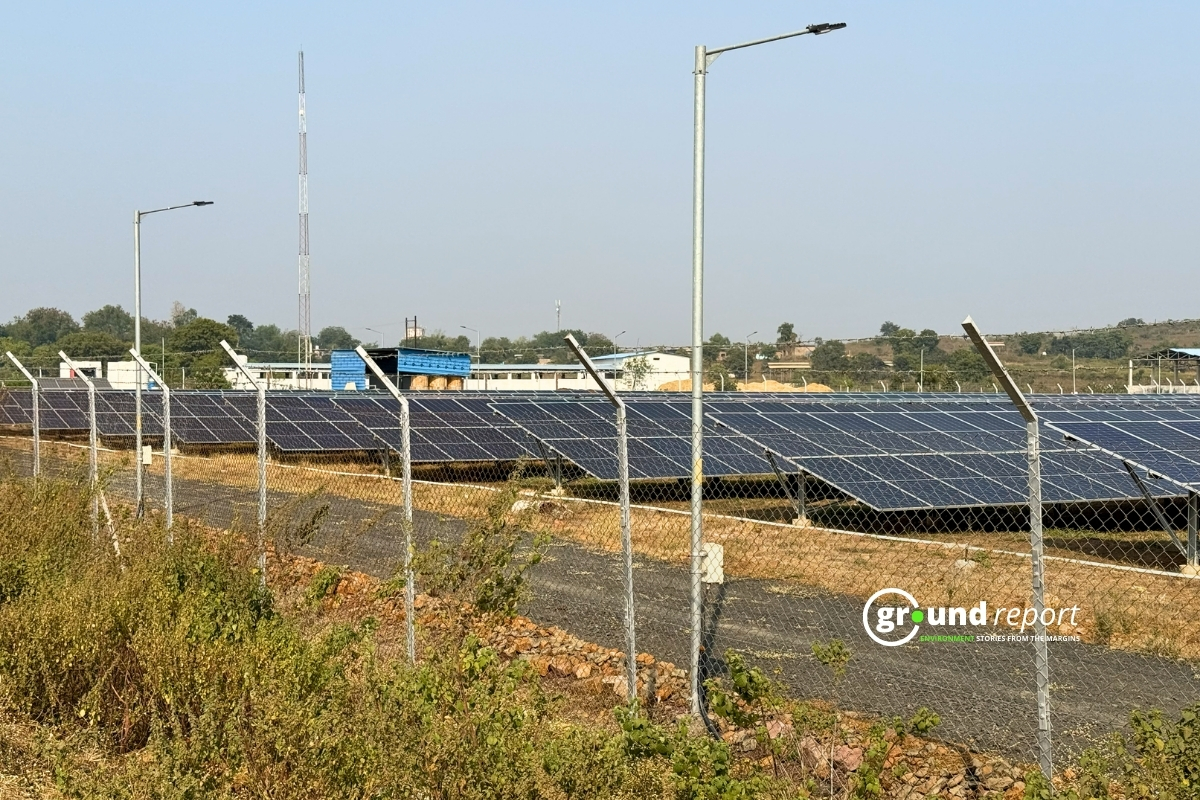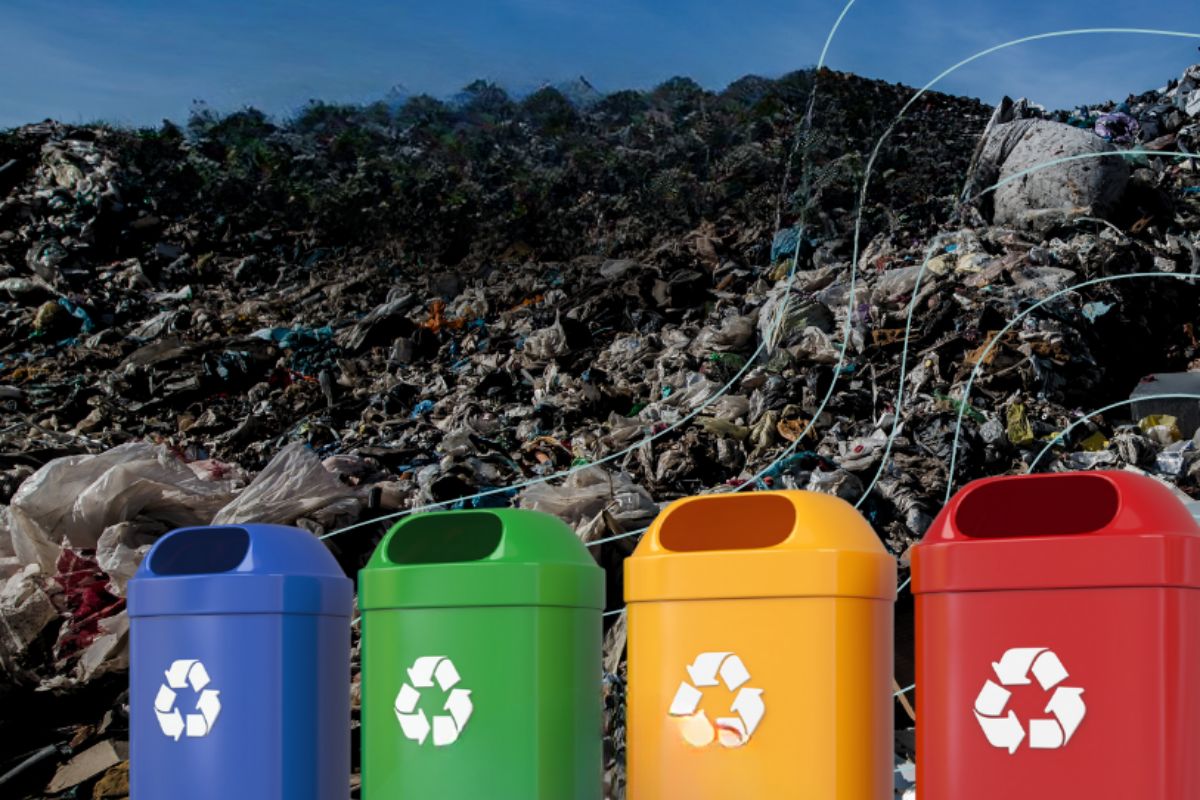The main source of information for Gen-Z, and the millennial population is mobile and especially the internet. The other generations too consume information on the internet through WhatsApp, reels, etc. Hence, the understanding of the environment and its changes, i.e., climate change, is also received through them. But due to the abundance of information, fake news and dis/misinformation have emerged as a big challenge. In such a situation, a report has been prepared by Climate Action Against Dis Information (CAAD) and the Center for Countering Digital Hate (CCHD) which explains how social media companies are dealing with climate dis/misinformation.
Industry controlled information
In the 1990s, America’s fossil fuel industry tried to establish climate change as a skeptical topic through the media. This was done in two ways. First, the industry targeted media outlets for reporting on the “uncertainty” of climate science. During this, they supported such scientists who could project climate change as a myth and made them sit as experts in the media. Second, climate change was promoted as the agenda of the Liberals.
But now after all kinds of scientific research have come to the fore, the industry, especially the fossil fuel industry, is not in a position to deny climate change. But they are definitely using social media to create a skeptical ‘public narrative’ about their measures. Advertisements are the main source of income for social media companies. These advertisements not only help in creating a ‘buzz’ but also create a narrative.
Keeping in mind their benefits, the silent consent of social media companies is visible in this agenda-setting. According to the report of an organization called Influence Map, about 25 thousand advertisements worth about $9.5 million were posted on Facebook (US) by 25 oil and gas companies. They have been viewed 431 million times. According to the report, efforts are being made by the industry to describe fossil gas as ‘green’.
Google ignores dis/misinformation
According to the report released by Climate Action Against Disinformation (CAAD) and the Center for Countering Digital Hate (CCHD), about 100 out of 200 videos are found to be streaming with objectionable advertisements on YouTube even after violating Google’s own climate misinformation policy. These videos have around 18 million views. It is important to note here that in October 2021, YouTube changed its policy to refuse to allow any advertisement that goes against the ‘official scientific consensus on the existence and causes of climate change’. On the other hand, there are 100 videos that do not fit Google’s narrow definition of misinformation.
Social media companies closing the windows of transparency
Social media users generally consume so much information that it becomes difficult to pick out the dis/misinformation. In such a situation, if a ‘transparency report’ is issued by social media companies, in which information can be given about the scale and prevalence of climate dis/misinformation, then through this the consumer can be alerted. But according to the above report, social media companies have failed to do so.
Twitter: For whom climate dis/miss information doesn’t matter
In this report, a ranking of social media platforms has been made on the basis of answers to some questions. Twitter comes at the bottom of this ranking. According to the report, there is no explanation as to how Twitter’s dis/misinformation policy will work for climate dis/misinformation. Twitter also does not clarify how it will deal with such dis/misinformation. All in all, Twitter seems to be treating the matter to be insignificant. The problem with Twitter is that it does not have any definition regarding climate dis/misinformation.
Facebook: Policy is not the result
Facebook has been clear about how it will apply its fact-checking and down-ranking measures to climate dis/misinformation and the people who spread it. But it does not give enough information about the results. Even after having a policy, doubts arise on its effective implementation because the company does not have any definition regarding dis/misinformation. Facebook does not have any update on climate dis/misinformation in its quarterly enforcement reports.
TikTok: Policy is there but not for climate dis/miss information
TikTok is a banned social media company in India. But, it seems clear in terms of dis/misinformation. This company has a fixed scale to identify and deal with users who spread dis/misinformation. However, the company does not have a definition of climate dis/misinformation, nor does it have any reference to climate in its community guidelines. In such a situation, especially in the matter of dealing with climate dis/misinformation, this company also seems to be lagging behind.
Conclusion
Going by this report released by Climate Action Against Disinformation (CAAD) and the Center for Countering Digital Hate (CCHD), it is understood that social media companies are quite lenient when it comes to climate change dis/misinformation. It cannot be said with full confidence for any social media platform that it is serious about this. This creates a ‘bypass’ through which industries can easily dilute the efforts to fight climate change.
This is extremely dangerous. Because climate change is not a myth but a fact. If the correct information is not given to the general public, then there will not be a consensus on the fight against climate change. This situation will be in favor of industries but against humanity. It is only with the consensus of the people that the government is forced to take decisions on any subject. It is also the job of the government to control these industries. If we do not develop an understanding, then the government will also keep watching the show with folded hands and we will go closer to destruction.
Support us to keep independent environmental journalism alive in India.
Keep Reading
Part 1: Cloudburst in Ganderbal’s Padabal village & unfulfilled promises
India braces for intense 2024 monsoon amid recent deadly weather trends
Follow Ground Report on X, Instagram and Facebook for environmental and underreported stories from the margins. Give us feedback on our email id greport2018@gmail.com.
Don’t forget to Subscribe to our weekly newsletter, Join our community on WhatsApp, and Follow our YouTube Channel for video stories.









